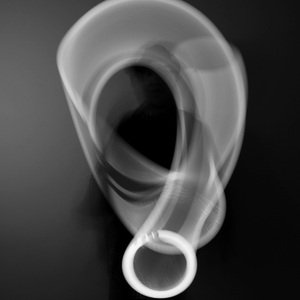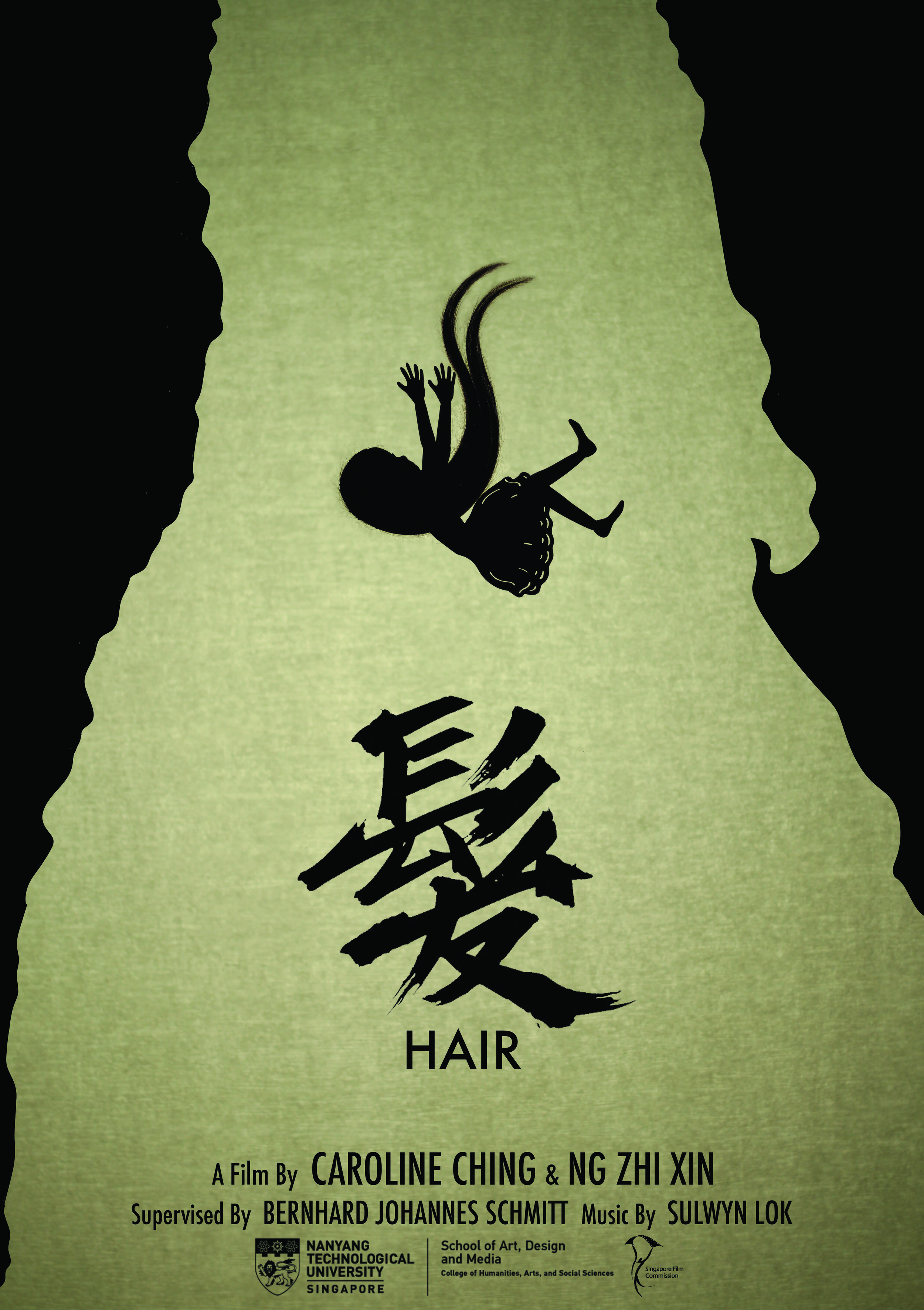Hair 髮
Genre: Stop-Motion Animation | Drama
Producers: Caroline Ching, Ng Zhi Xin
Supported by the Singapore Film Commission.
A stop motion animation about a little girl who falls into a world of anxiety after her father leaves the family, and how her mother rescues her and helps her overcome her problems with her love. In this short film, Hair plays a huge role as a character, representing the separation anxiety of the protagonist and her longing for her father’s return. This animation makes use of real human hair on two-dimensional paper puppets, a novel approach that allows for a level of realism and texture that other materials cannot provide.
Score Type: Orchestral | Chinese
Hair is scored with traditional Chinese instruments - the guzheng, sheng, and yangqin - supported by a chamber orchestra. Much of the score casts the Chinese instruments in an intimate setting, with the pure and crisp tones of the leading guzheng reflecting main character Qiqi's youth and innocence.
The musical motif "re-mi-so-re-mi" forms the foundation of the music theme and follows the exploration of relationships and growing up - first heard in the opening gently accompanied by the harp when we see Qiqi and her complete family, the motif appears as a fragmented unit in various forms (from a processed yangqin to achieve a fuzzy, dreamy timbre, to being performed 'molto espressivo' by a flute driven by the orchestra) throughout the film, corresponding to Qiqi's emotional states.
The main theme is reprised at the end, this time with an uplifting arrangement and in a new key, symbolising growth and a new stage in relationship between Qiqi and her mother. A subtle alteration to the last phrase of the reprised theme, having the notes ascending instead of descending, brings the film to a close as the theme, which has never reached a resolution, finally resolves.











